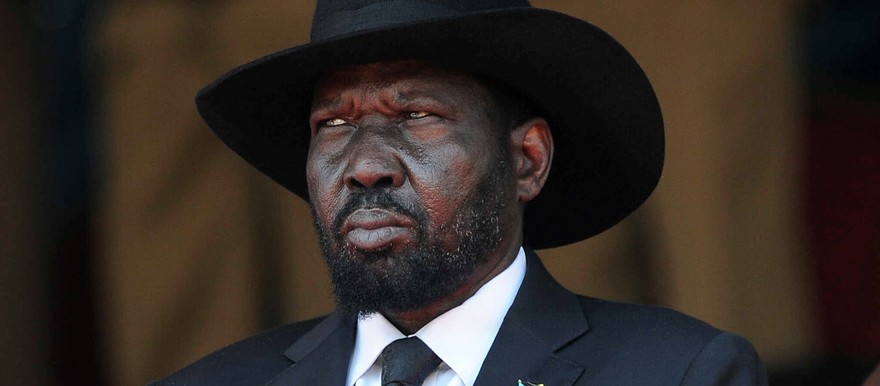President Salva Kiir, in his New Year’s address yesterday, pleaded with international partners and donors to recognize and cooperate with the government of South Sudan in the New Year 2021.
“The Transitional Government of National Unity recognizes the value of partnership with international organizations and donors, and this is why we have unconditionally offered our cooperation for all these years. On the basis of this belief, I am appealing to all our partners to open a new page of mutual recognition in the year 2021,” Kiir beseeched.
“For the last seven years of conflict, we have heard statements from our international partners that have willfully ignored South Sudanese leaders, while pledging to work with our people,” Kiir lamented. “We, as the leadership, have only been asked us to fulfill our obligations in approving humanitarian access, but these obligations demanded from us seem to have no corresponding rights. The South Sudanese leadership in this conception has obligations to approve things, but has no rights to be treated as a genuine partner.”
The president stated that there are some aspects of responsibility that require genuine cooperation, especially now the Transitional Government of National Unity is in place.
“To our partners, there is more to be achieved in our collaborative work by mutual recognition than in a language that undermines,” Kiir admonished.
Kiir, however, thanked international partners, donors and humanitarian agencies, “We did not travel the rough road of the year 2020 alone. We received support from our regional and international partners, and I would like on your behalf, to sincerely thank them for standing with us at our difficult moment.”
On the progress of the implantation of the peace process, President Kiir said, “I am aware that the implementation of the Revitalized Peace Agreement is moving slowly. This slow progress is not due to a lack of political will from the parties, it comes from the fact that the agreement itself did (not) cater for everything. This requires the parties to work out these areas through dialogue.”
He said that while it has taken long, he was pleased to announce that the parties have reached a substantive agreement on responsibility-sharing, except for the position of the governor of Upper Nile State.
“This agreement has paved the way for the parties to submit the proposed names of candidates for legislatures and states government officials. Although the announcement of state government officials and the reconstitution of the Transitional National Legislative Assembly, will come in phases, I can assure you that it has already started. We announced deputy governors yesterday (Wednesday) and more announcements are imminent,” Kiir reassured.
The president congratulated the parties and urged momentum to quicken the pace of the implementation of the remaining chapters of the agreement because, according to him, the revitalized peace agreement is the framework for returning the country to permanent stability and there is no choice other than to implement it faithfully.
The president pointed out that while work continues on the implementation of the revitalized peace agreement, talks are ongoing with several holdout groups.
“We are also engaging Holdout Groups through the Rome Process to make the quest for peace in our country inclusive,” Kiir said. “These talks are now progressing under the guidance of Sant'Egidio Community, and I would like to appeal to my brothers and sisters in the South Sudan Opposition Alliance to see this as an opportunity to silence the guns in our country. The Transitional Government of National Unity is committed to Sant'Egidio mediation, and we are hopeful that tangible progress will be achieved in the next round.”
“Let us all work to silence the guns in 2021. This will allow us to focus on directing our resources to national development priorities such as service provision to our people,” Kiir concluded.




